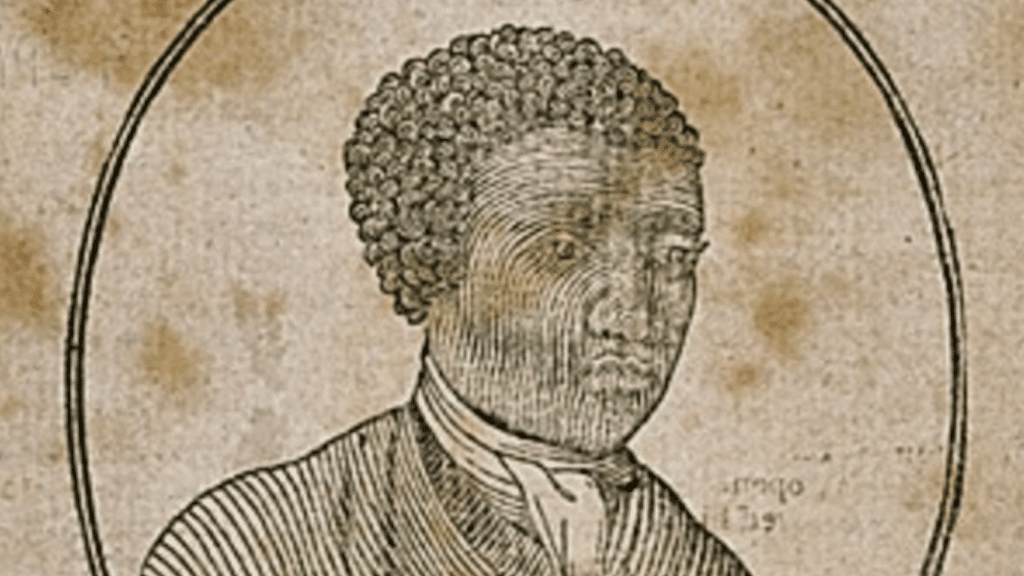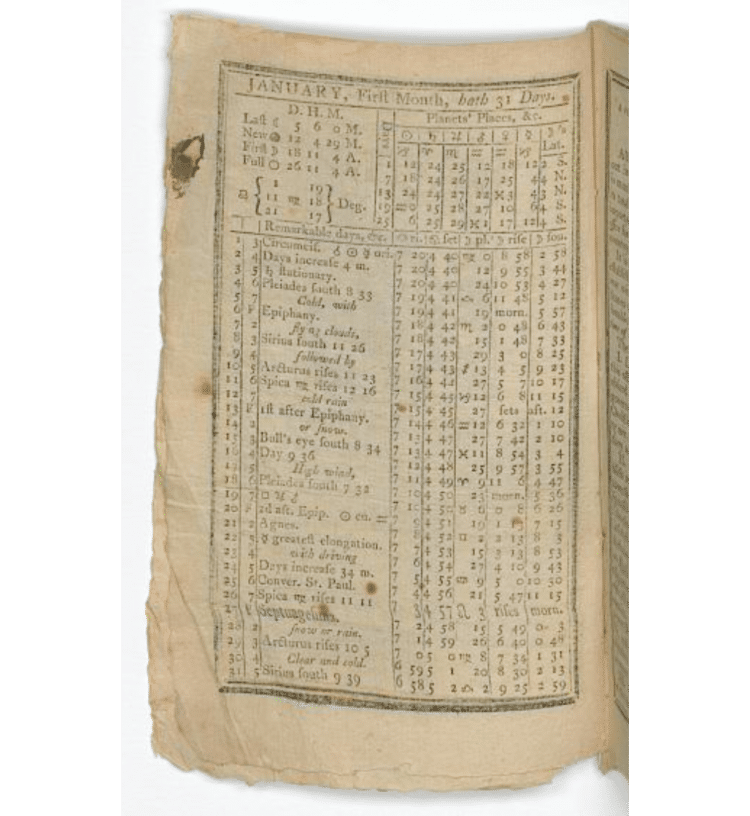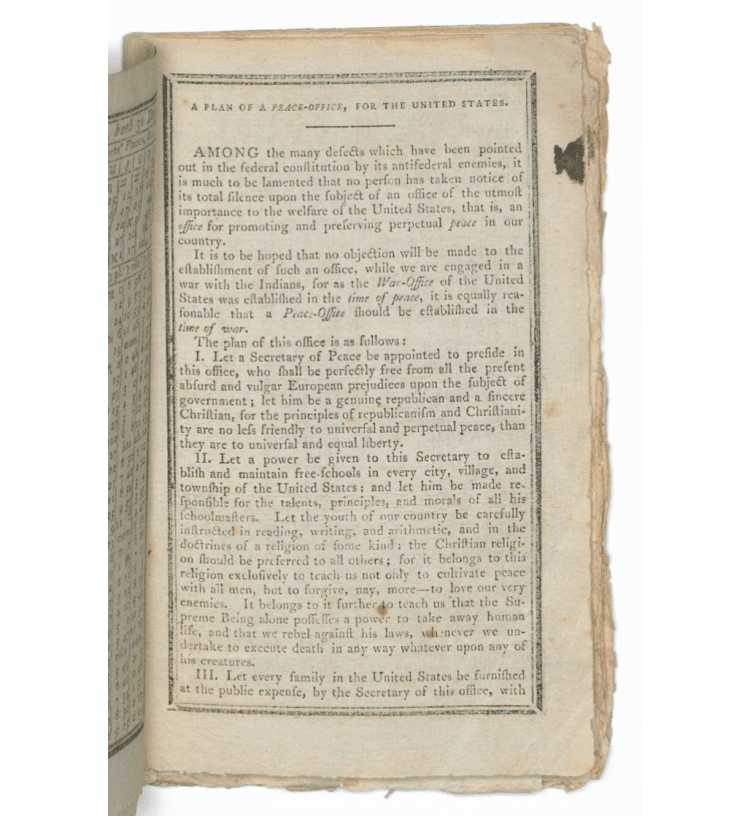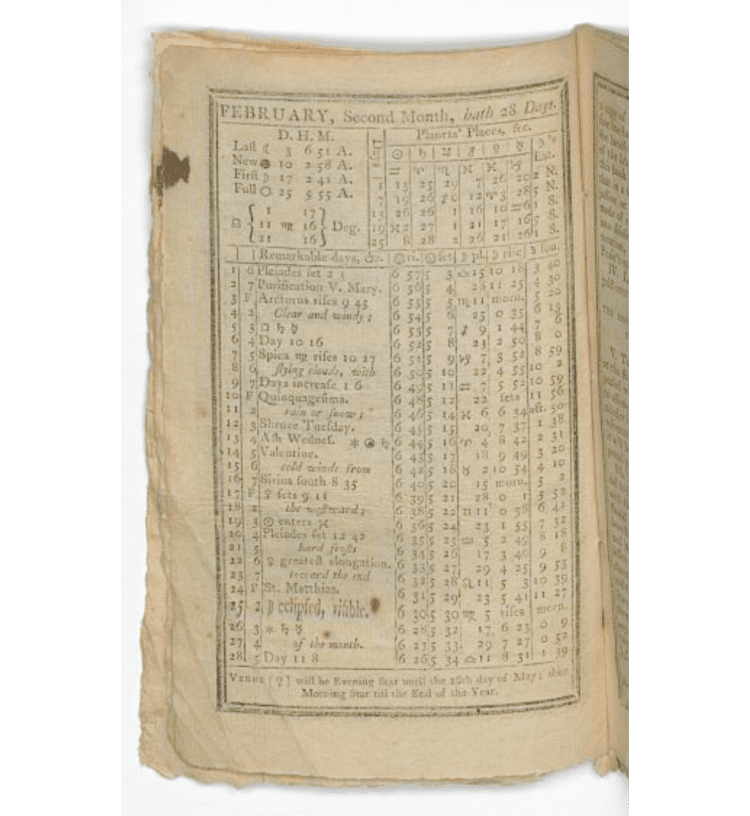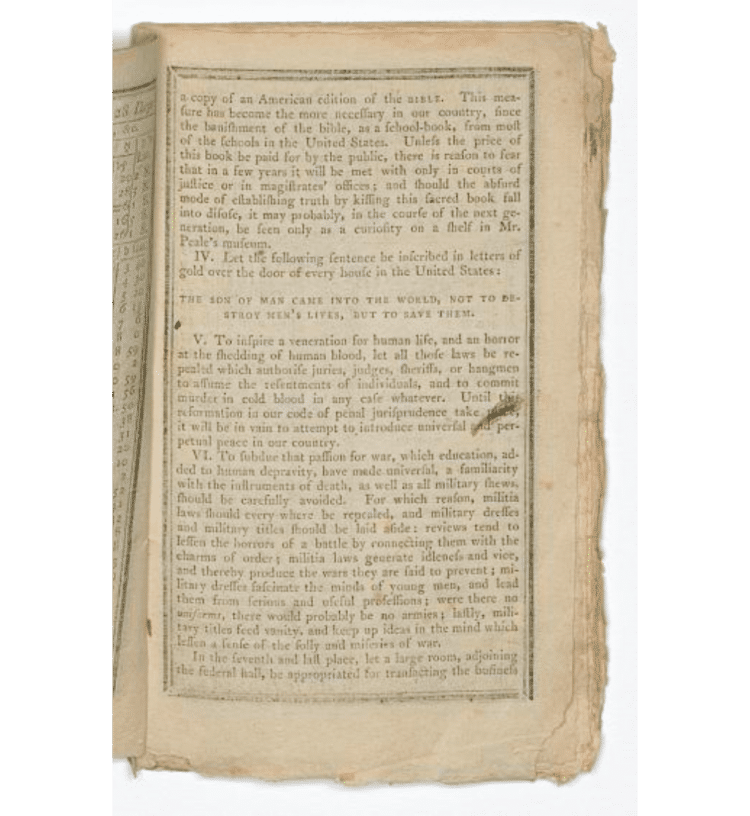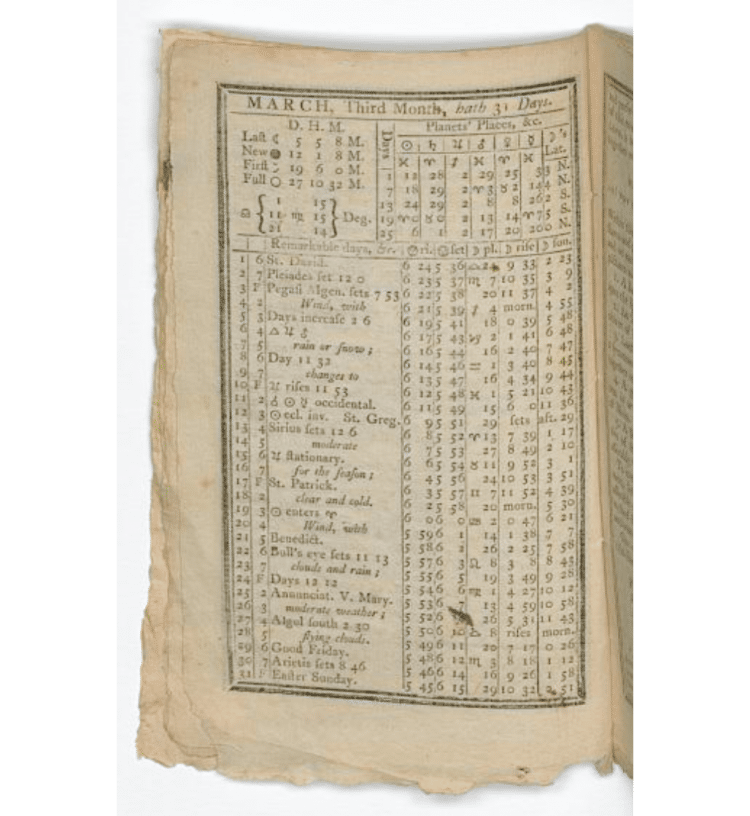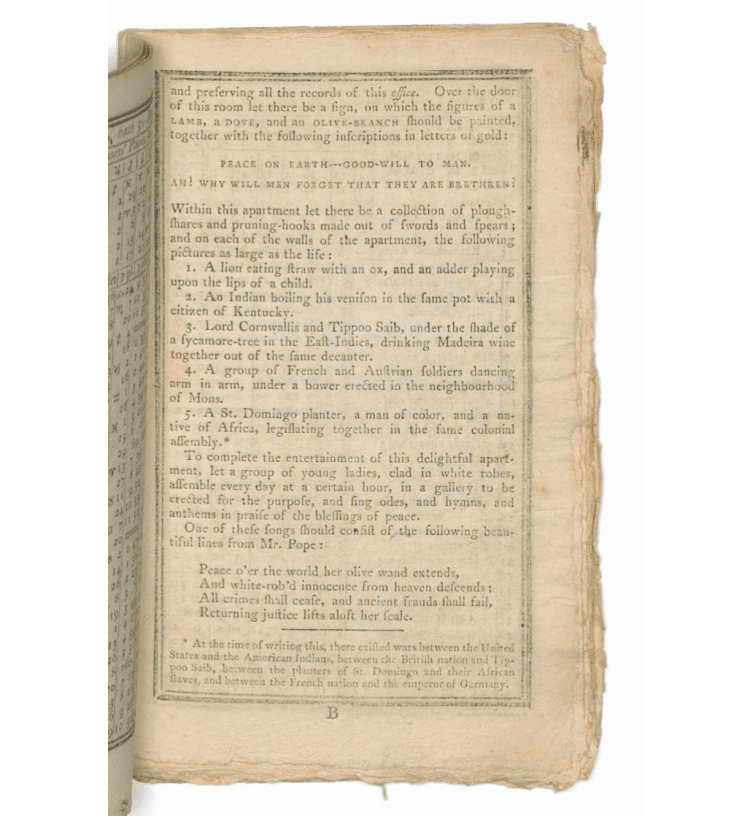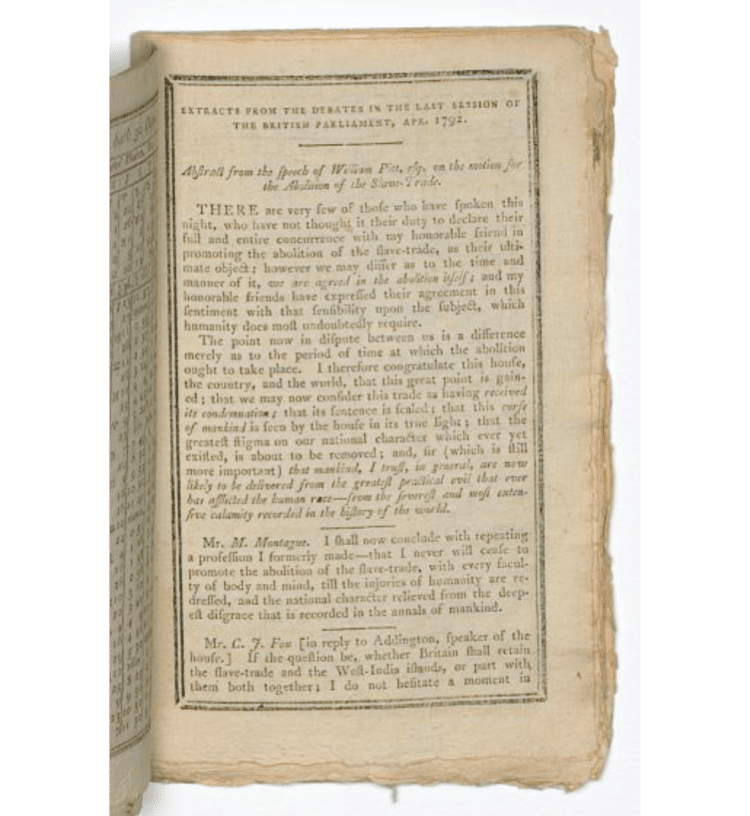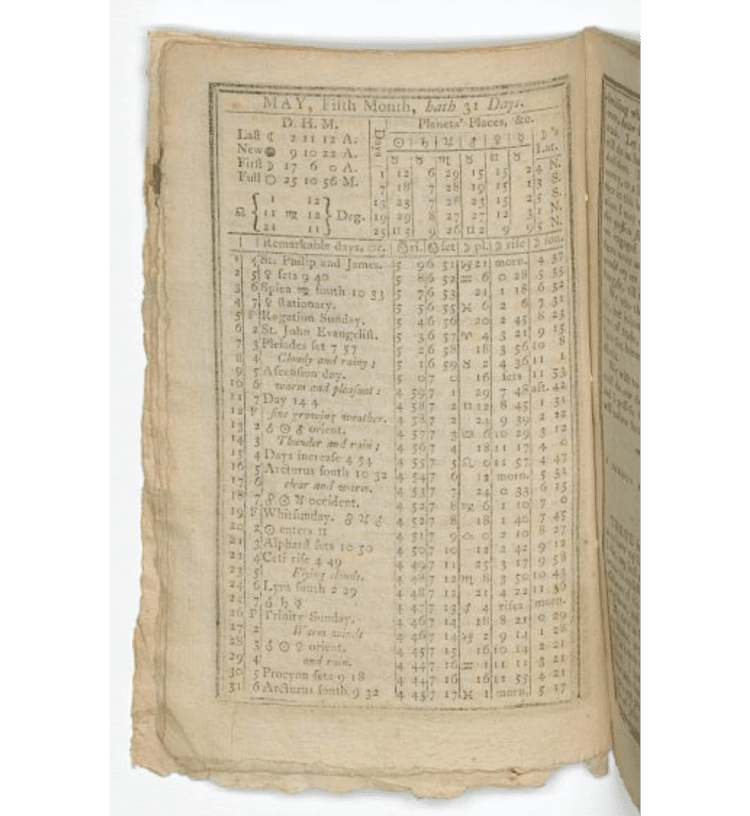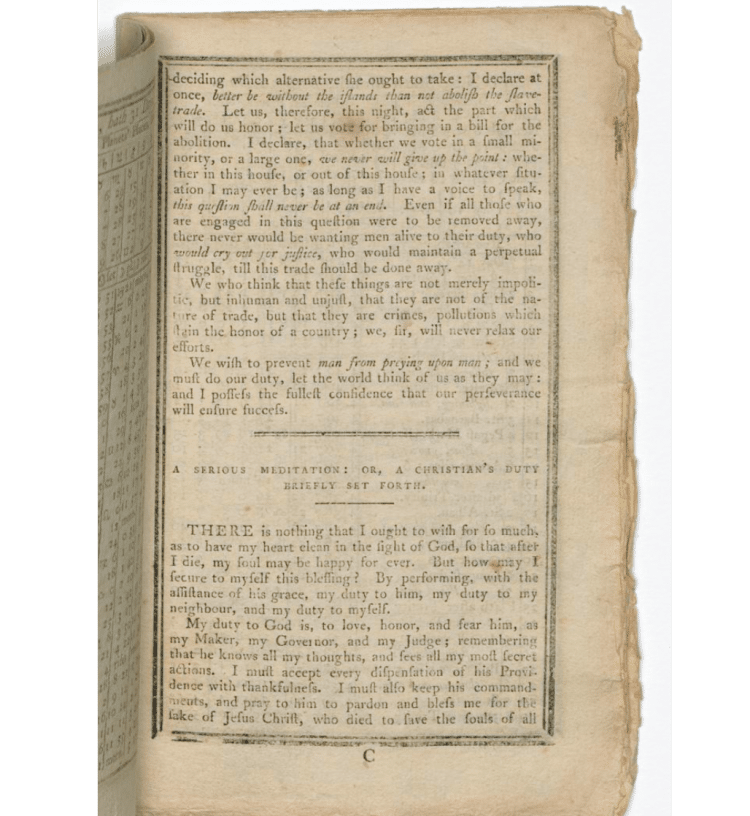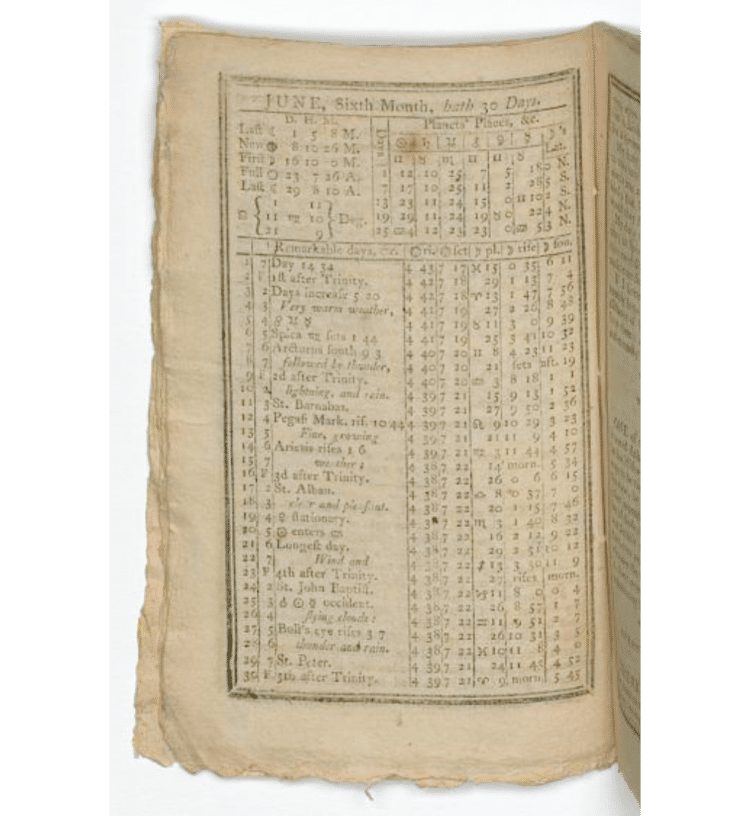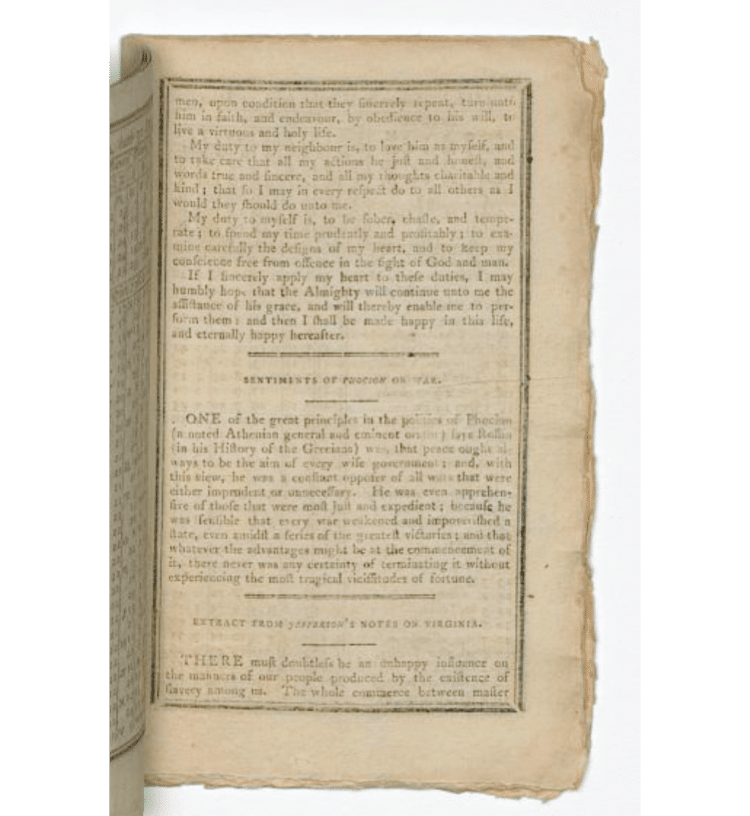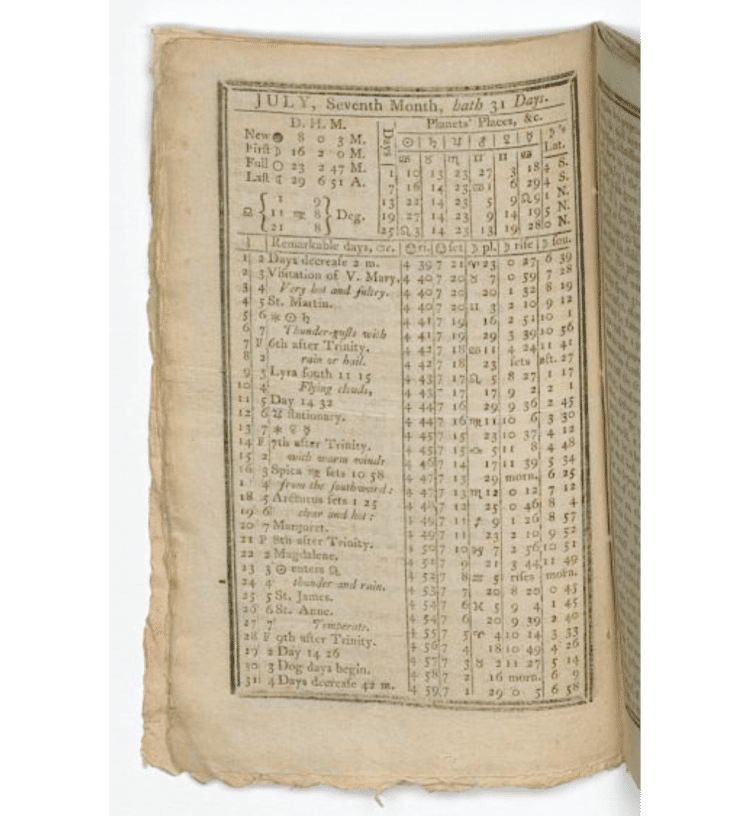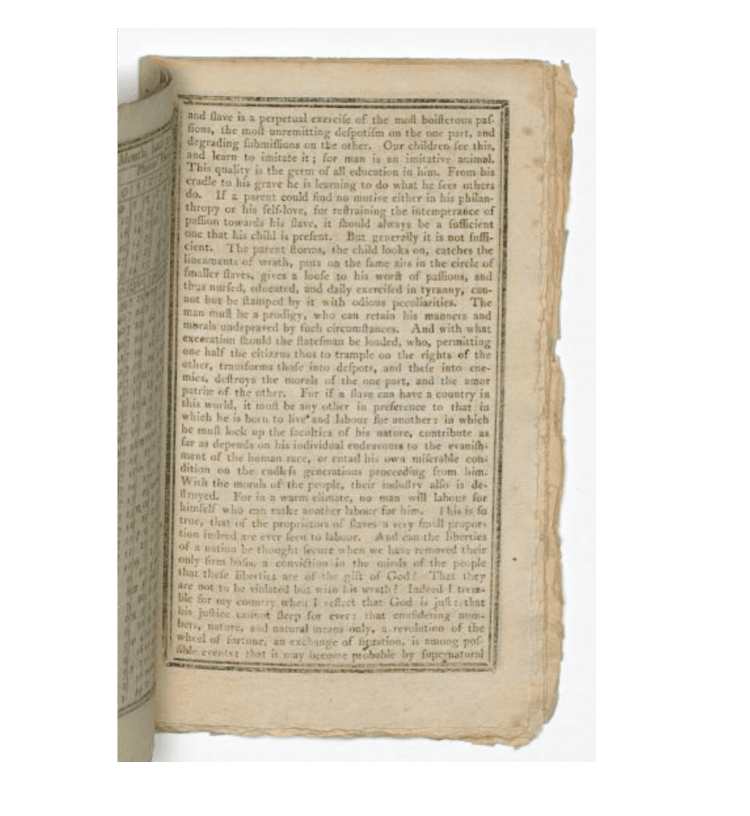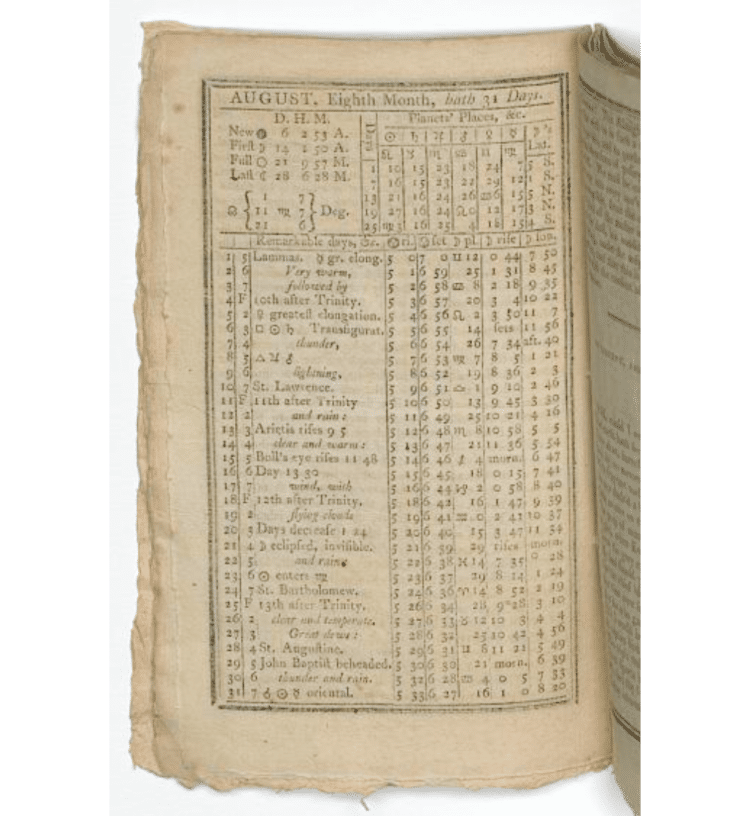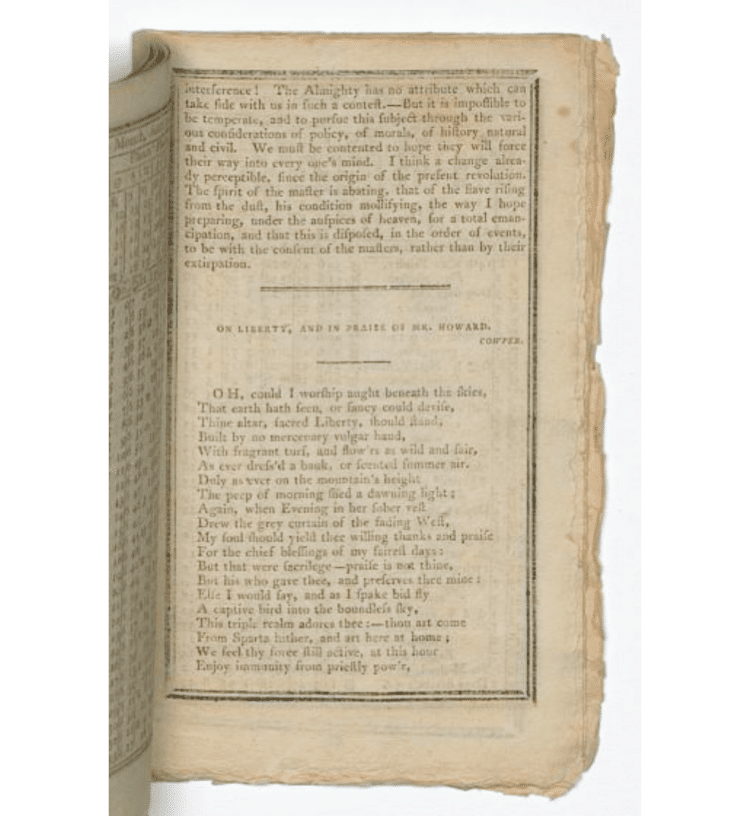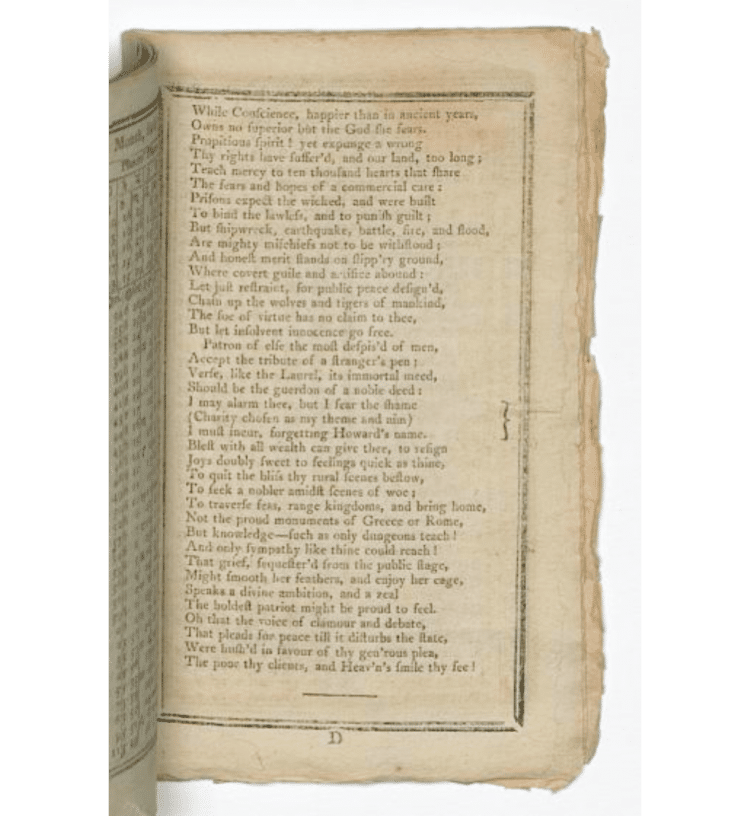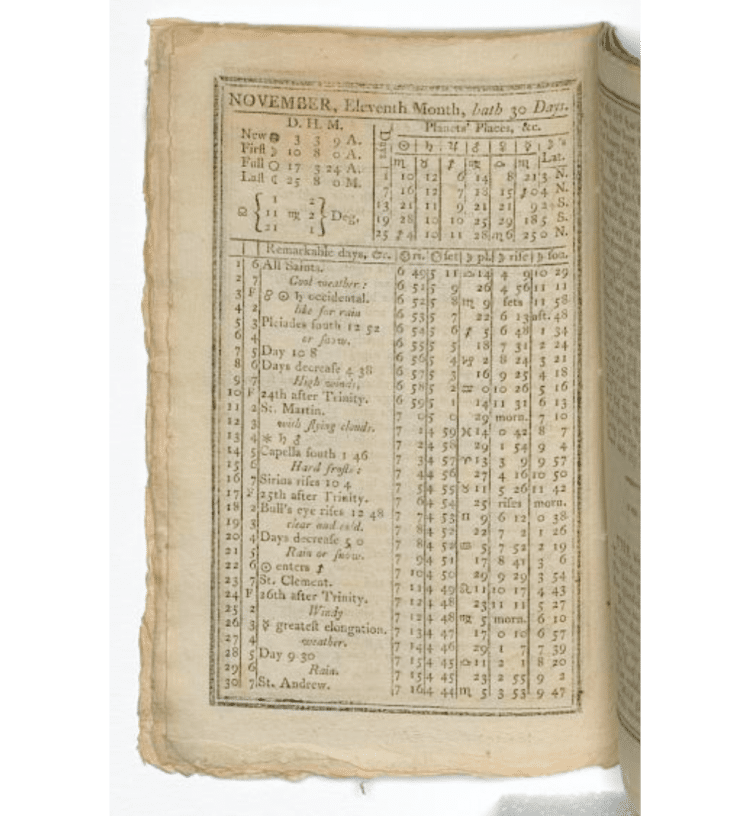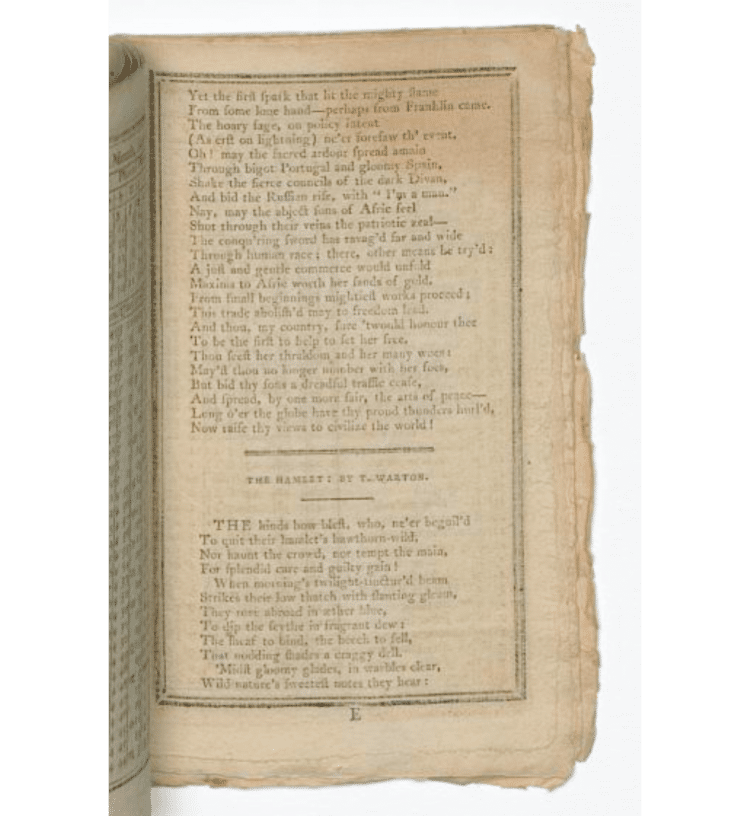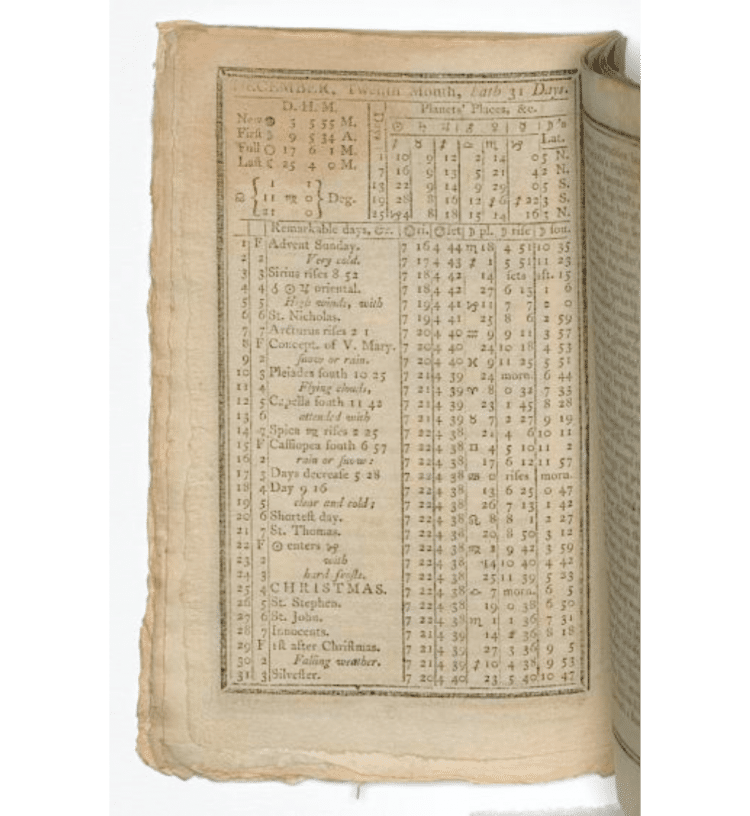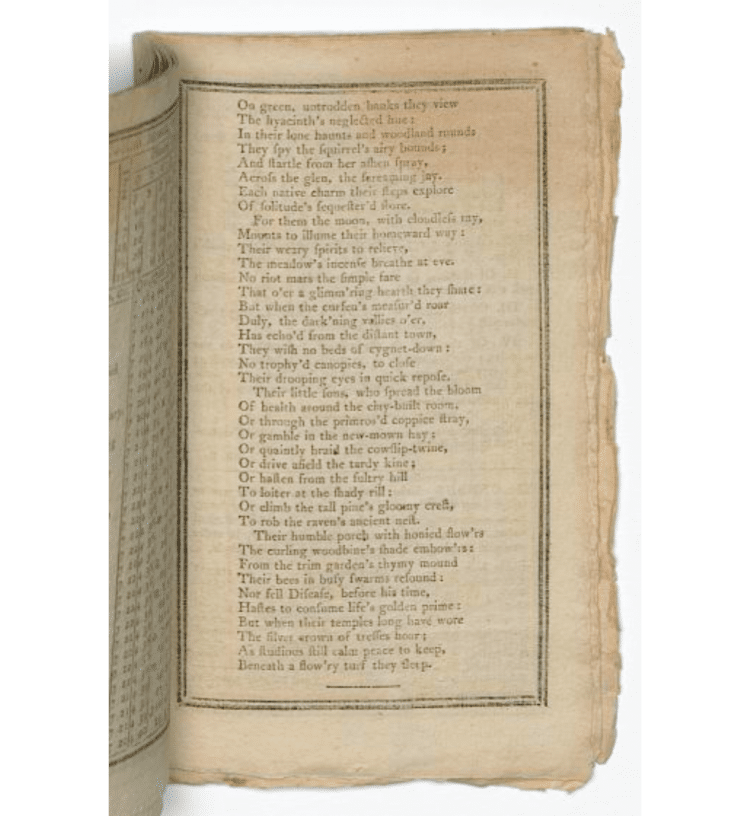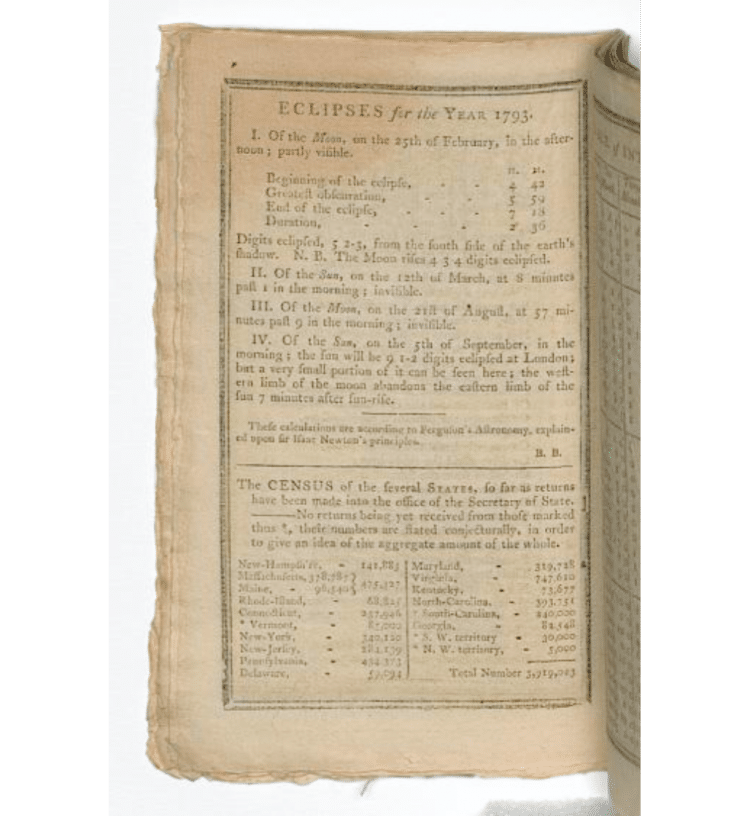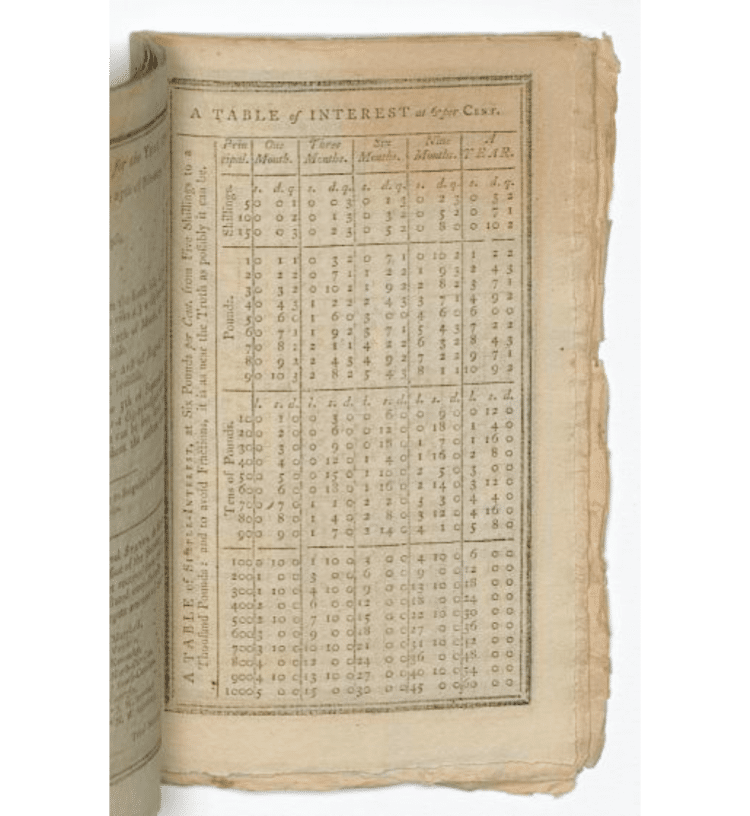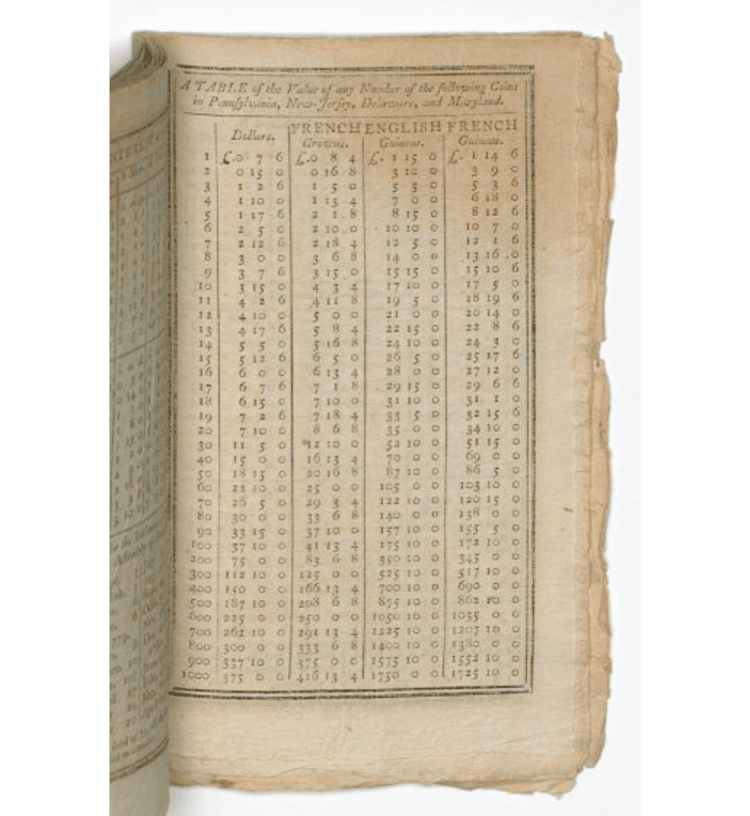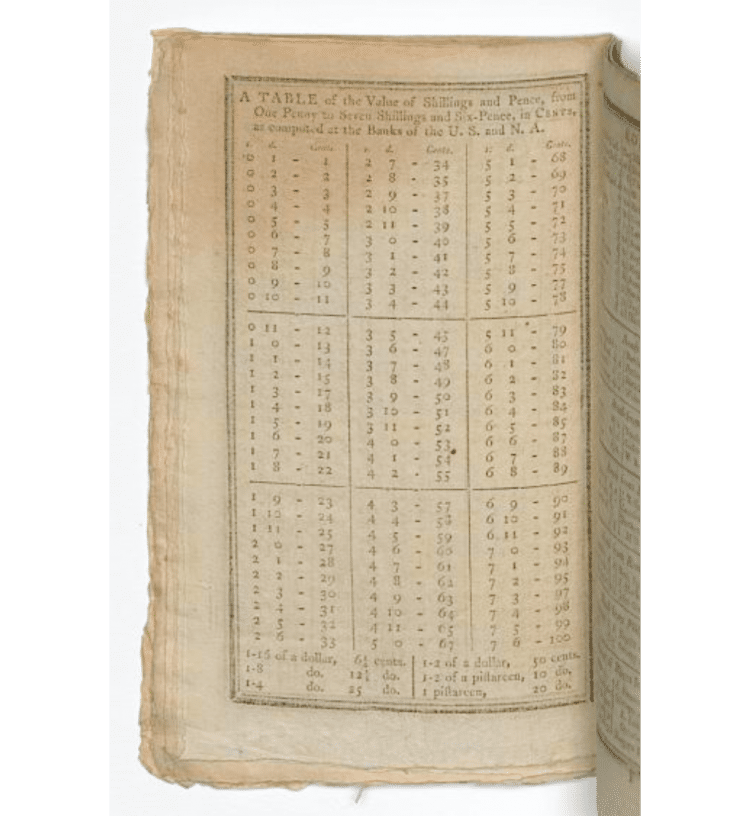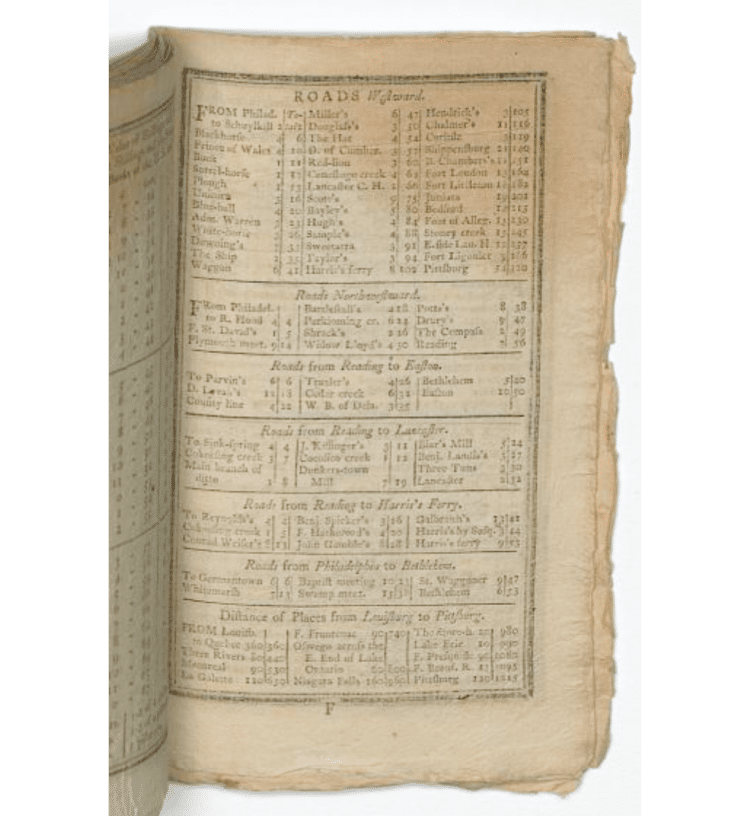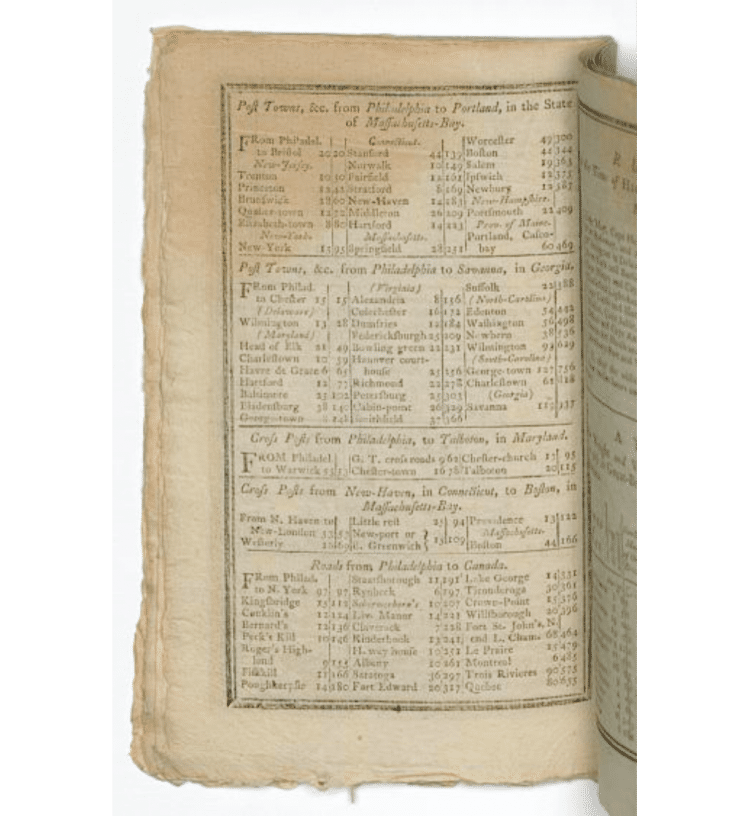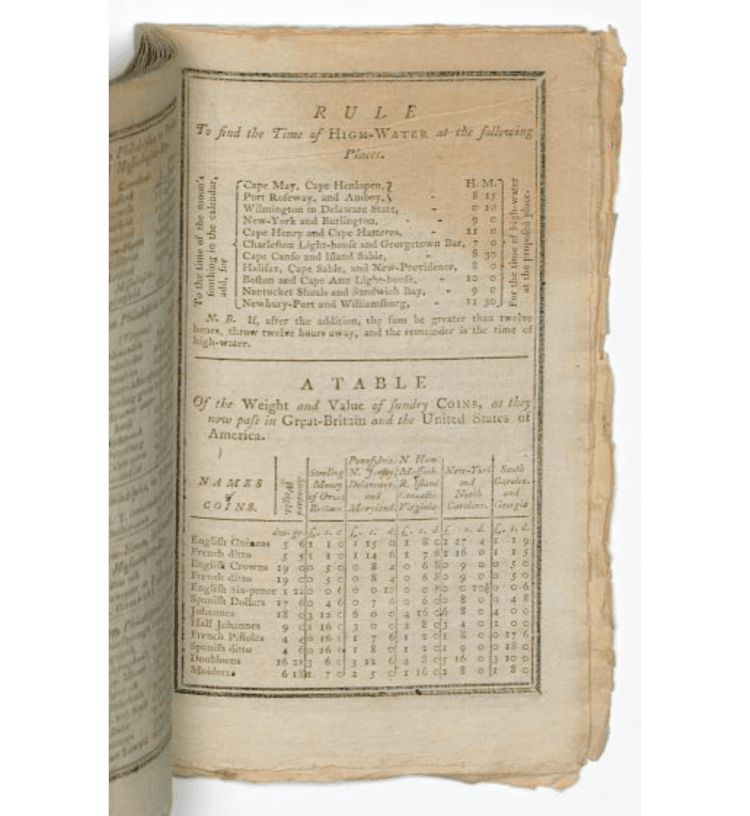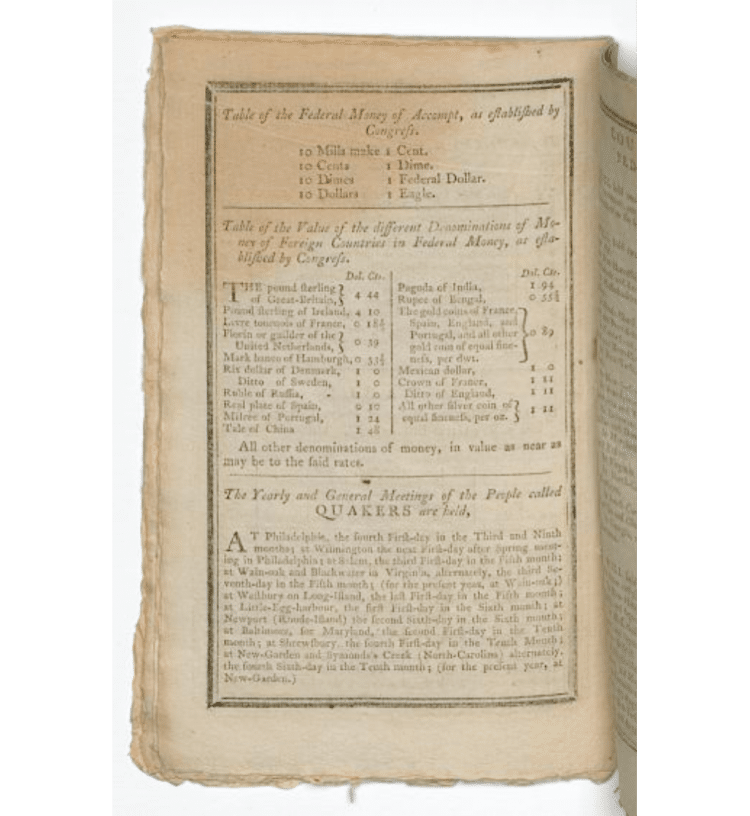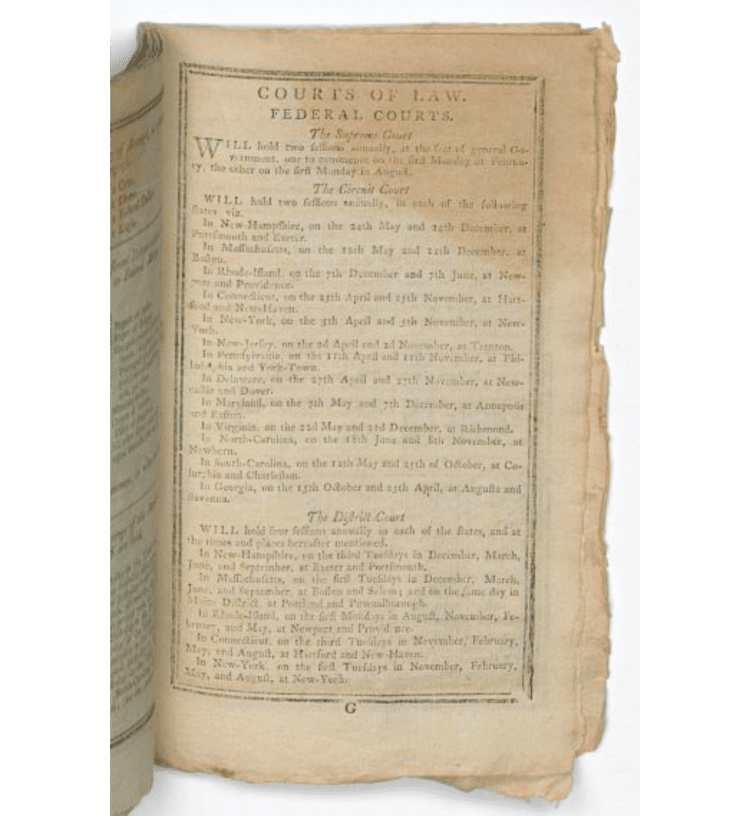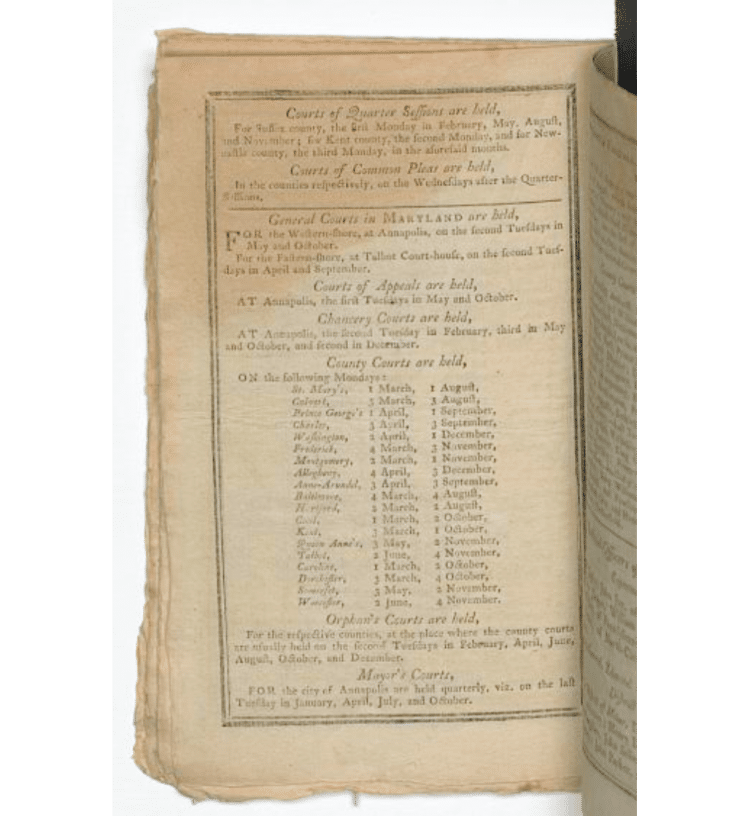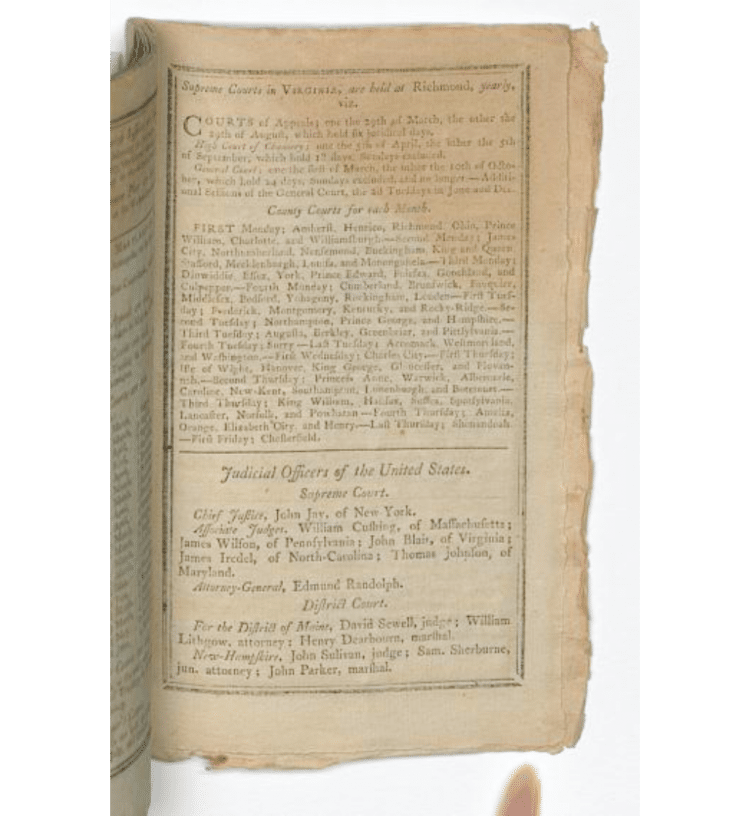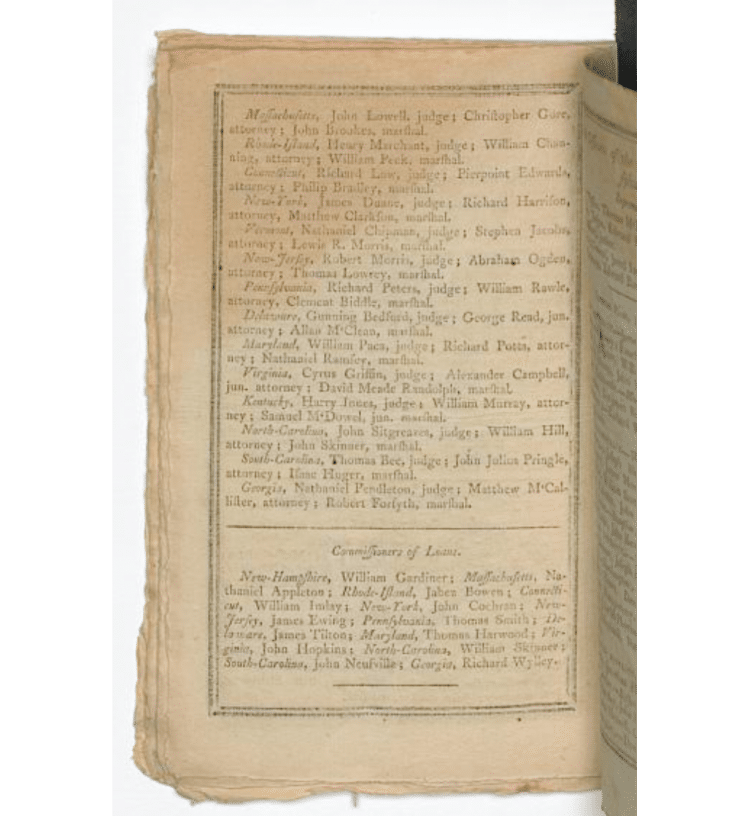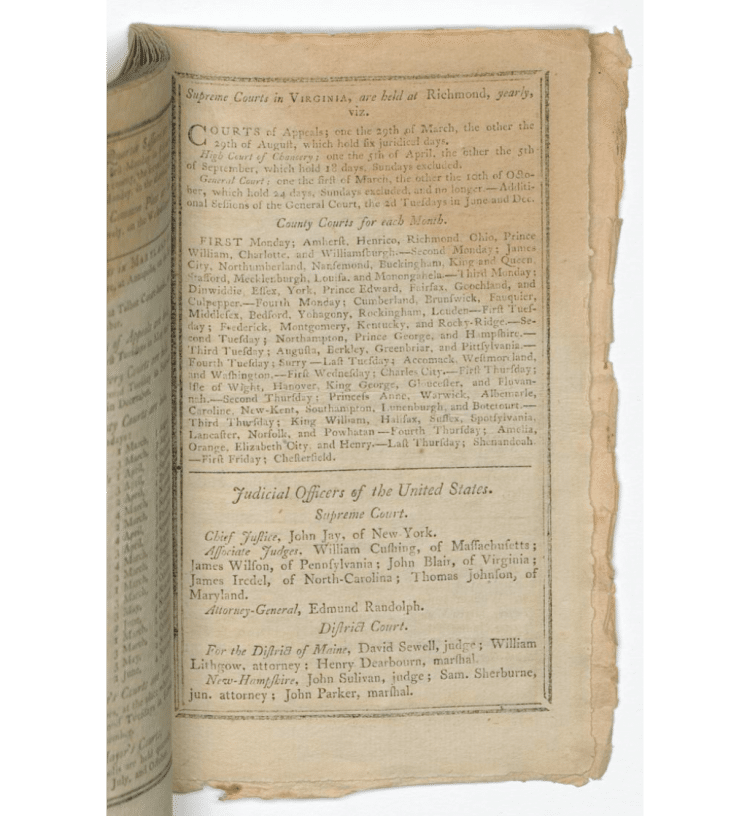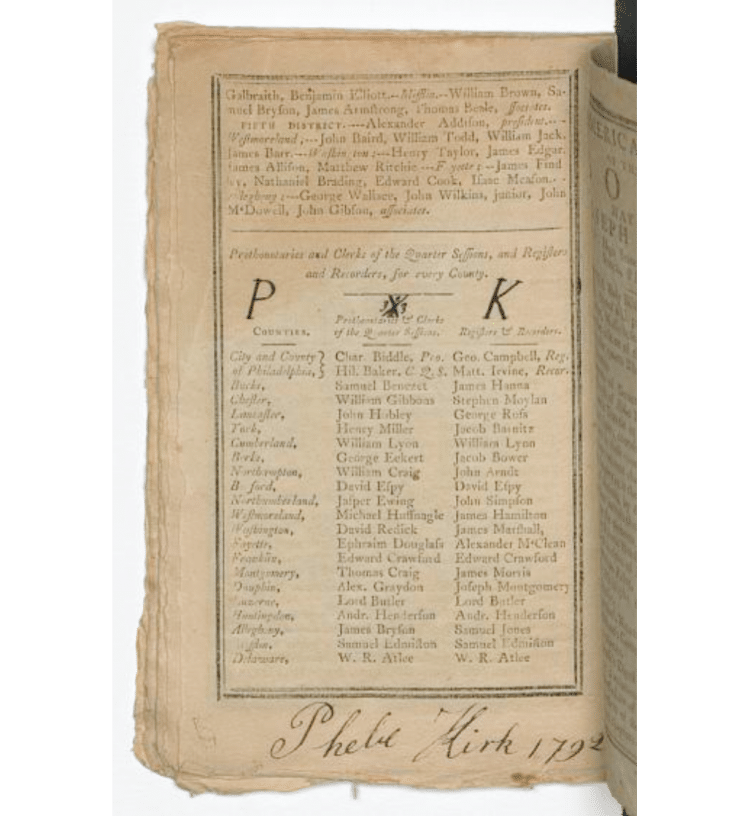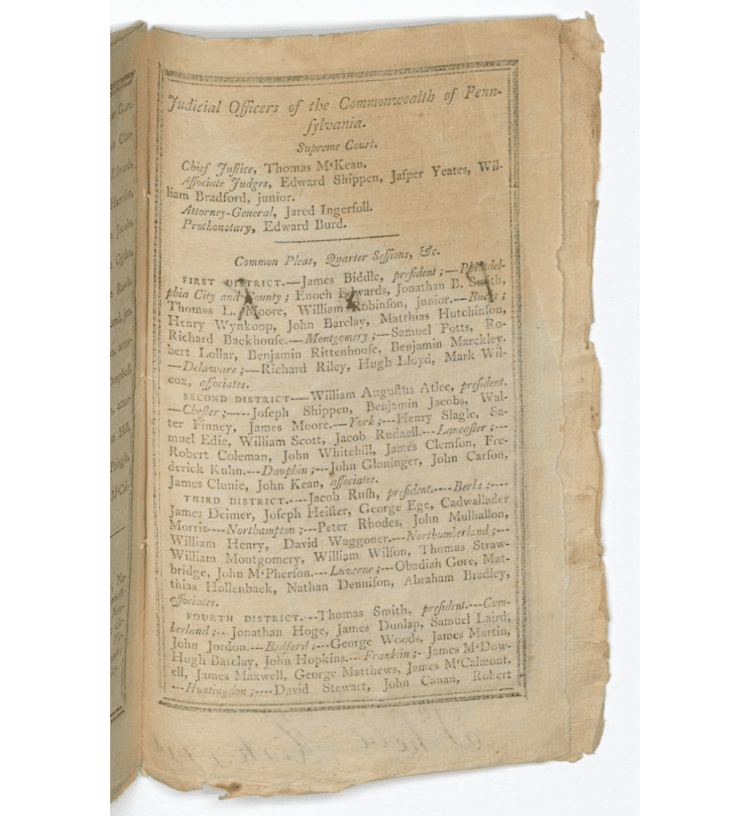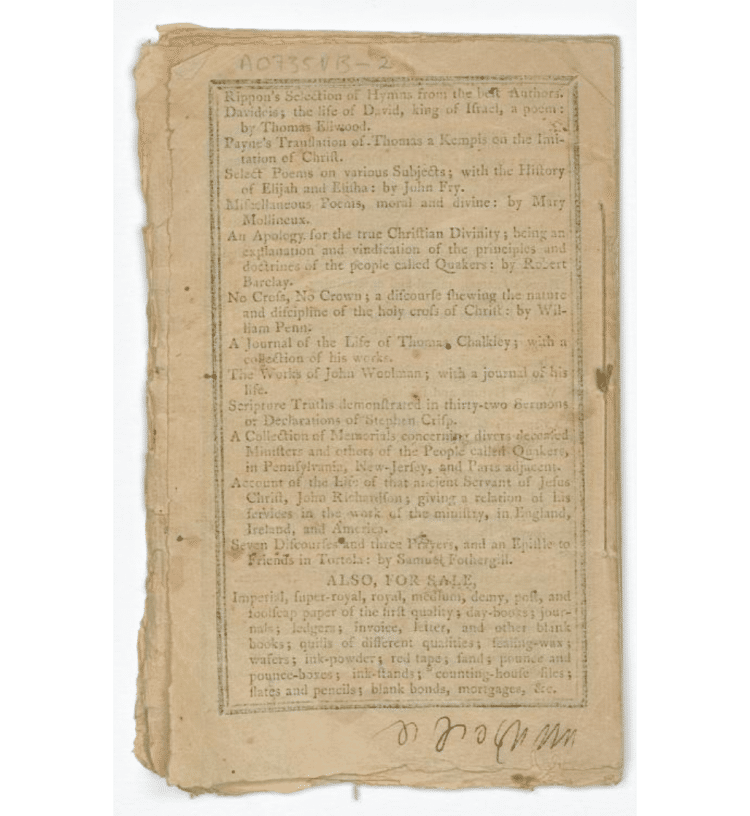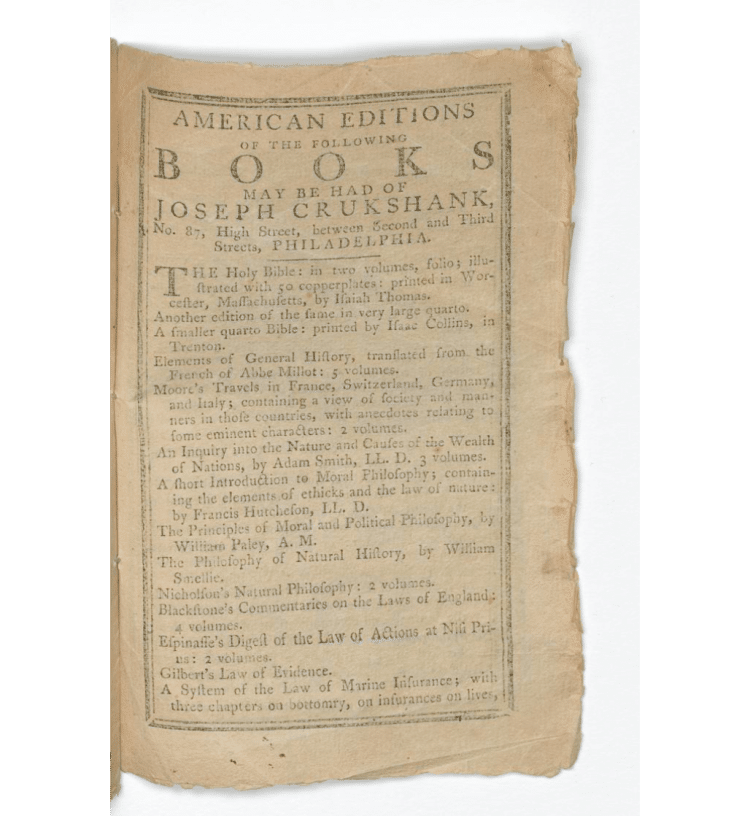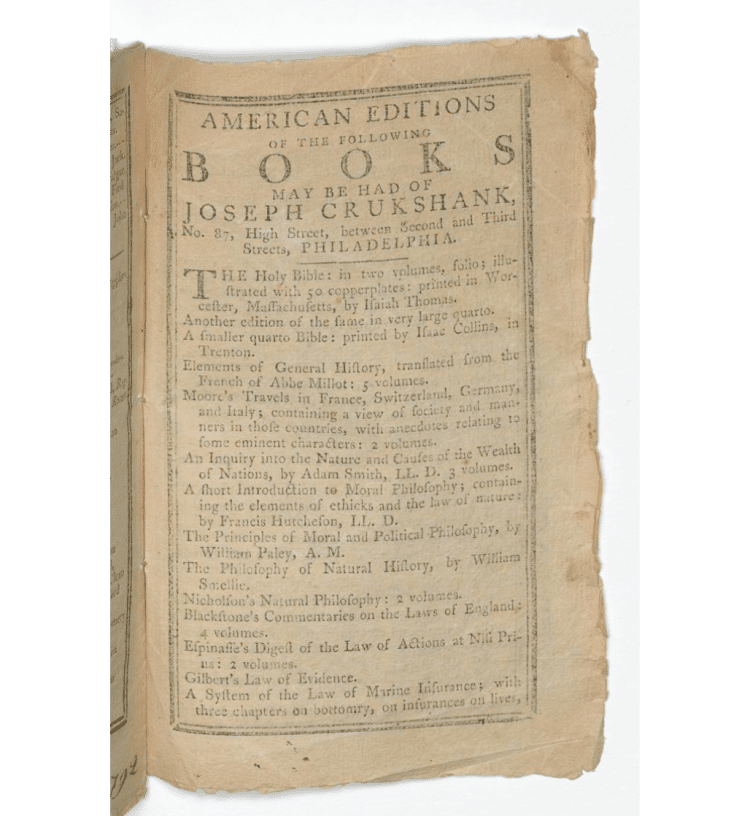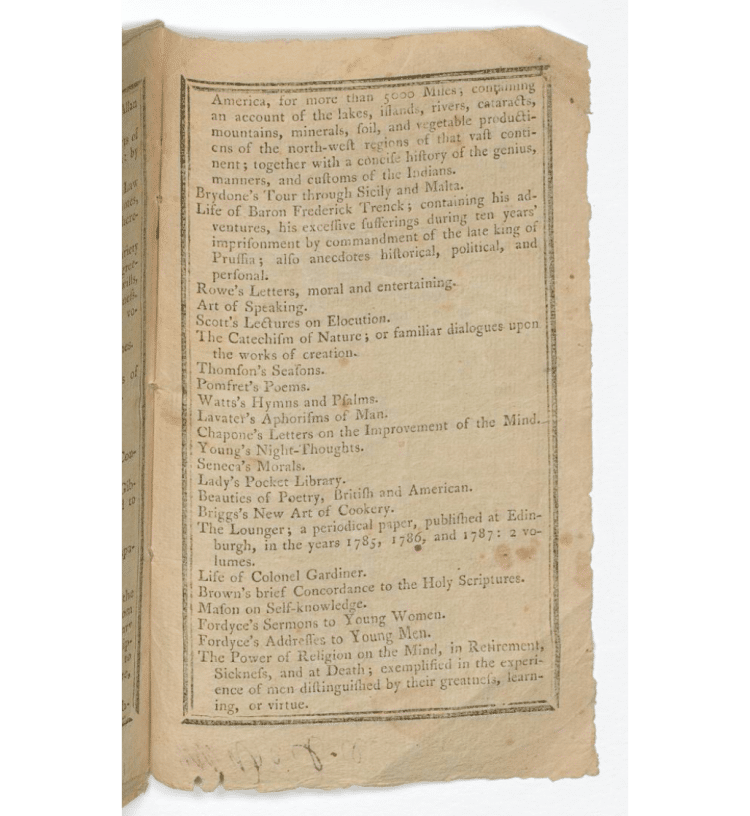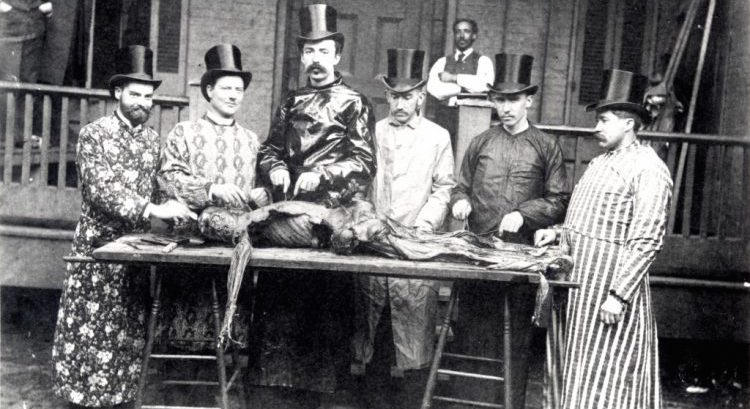There’s a fallacious insistence in our current system that says everything we know today trumps everything we knew yesterday. A limited, linear understanding of human history and intelligence has captivated a huge portion of our population because we’ve been intensely brainwashed to believe that each passing minute brings better and more knowledge.
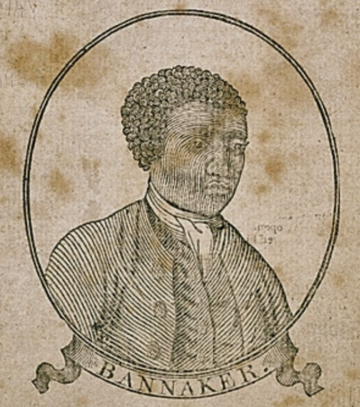
Reading works like Benjamin Banneker’s Almanac of 1793 is a window into the human mind that’s less explored in our current incarnation. His story is a fascinating one; his maternal grandmother was an indentured servant brought over from England, who bought a farm in Baltimore and two enslaved persons after she was finished her 7-year “contract.” She freed her slaves and married one of them, Banna Ka, Benjamin’s maternal grandfather. Their daughter, Mary Bannaky, purchased an enslaved man named Robert, whom she similarly freed and married. Their son Benjamin was born in 1731. Banneker’s parents homeschooled him and were able to later send him to a Quaker school where he learned mathematics, maybe to an 8th-grade level. As a teenager, he helped his father build an irrigation system for their farm, which he took over at age 15. He was an inventor, a surveyor, an astronomer, and a philosopher. At a time when America vehemently denied the intelligence of African peoples, he was publishing well-read almanacs, was a renowned clockmaker and inventor, and was appointed to survey the new capital at Washington, D.C.
Banneker’s Almanac was first published in 1791. Banneker was vehemently against slavery and his almanacs included his and others’ treatises on abolishing the practice of slavery, including Jefferson’s Notes on the State of Virginia. He sent his first published almanac to Jefferson, Secretary of State at the time, who sent a copy to the Royal Academy of Sciences in Paris. Below is his full 1793 almanac, and it’s full of wisdom that we should have listened to two centuries ago. We’d be in a different place today if we had.
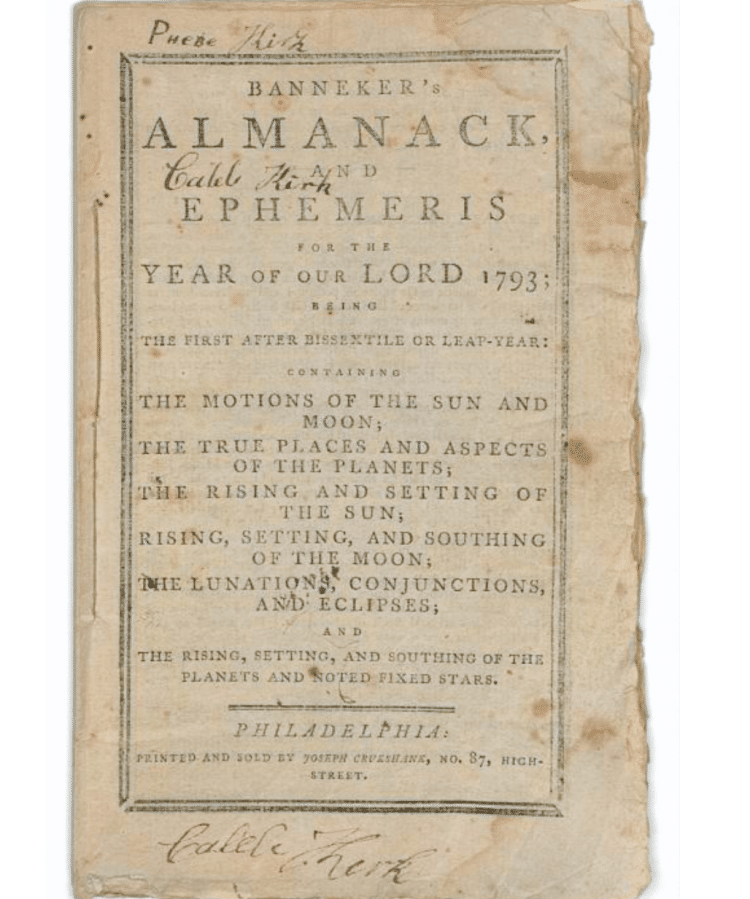
In the section called “Peace on Earth–Good Will to Man…Why Will Men forget that they are brethren?” Banneker outlines the ways in which the United States actively worked against any possibility of peace in its society. It’s wild reading these passages addressing police brutality and the injustice of the “justice” system and realizing we haven’t fixed a thing 228 years later.
To inspire a veneration for human life, and an horror at the shedding of human blood, let all those laws be repealed which authorise juries, judges, sheriffs, or hangmen to assume the resentments of individuals, and to commit murder in cold blood in any case whatever. Until this reformation in our code of penal jurisprudence takes place, it will be in vain to attempt to introduce universal and perpetual peace in our country.
It’s mind-blowing to read his insightful assessment of America’s unending thirst for war and indoctrination of its citizens, when 228 years later the DOD has a budget of $740,500,000,000, with a focus on quantum science and its “military and economic utility.” It puts America’s robotic mantra of “Support the Troops” in a stark light.
To subdue that passion for war, which education, added to human depravity, have made universal, a familiarity with the instruments of death, as well as all military shews, should be carefully avoided. For which reason, militia laws should every where be repealed, and military dresses and military titles should be laid aside: reviews tend to lessen the horrors of a battle by connecting them with the charms of order; militia laws generate idleness and vice, and thereby produce the wars they are said to prevent; military dresses fascinate the minds of young men, and lead them from serious and useful professions; were there no uniforms, there would probably be no armies; lastly, military titles feed vanity, and keep up ideas in the mind which lessen a sense of the folly and miseries of war.
That part about the uniforms is spot on. It’s why Hitler got Hugo Boss to design the Nazi party’s uniforms. We’re so easily manipulated as a species.
Banneker also reprints Jefferson’s Notes on the State of Virginia to lambast the U.S.’s reliance on the free labor of enslaved people, the last section of which resonates deeply at a time when America is most certainly suffering karmic retribution. I also feel like this passage should be recited by America’s schoolchildren every morning instead of the Pledge of Allegiance:
And can the liberties of a nation be thought secure when we have removed their only firm basis, a conviction in the minds of the people that these liberties are of the gift of God? That they are not to be violated but with his wrath? Indeed I tremble for my country when I reflect that God is just: that his justice cannot sleep for ever: that considering numbers, nature, and natural means only, a revolution of the wheel of fortune, an exchange of situation, is among possible events: that it may become probable by supernatural interference!
Thomas Jefferson (1781): Notes on the State of Virginia
Here’s Banneker’s bio in his own words:
Baltimore, August 20, 1791.
BENJAMIN BANNEKER, a free black, is about fifty-nine years of age; he was born in Baltimore county; his father was an African, and his mother the offspring of African parents. – His father and mother having obtained their freedom, were enabled to send him to an obscure school, where he learned, when a boy, reading, writing, and arithmetic as far as double position; and to leave him, at their deaths, a few acres of land, upon which he has supported himself ever since by means of economy and constant labour, and preserved a fair reputation.
To struggle incessantly against want is no ways favourable to improvement: what he had learned, however, he did not forget; for as some hours of leisure will occur in the most toilsome life, he availed himself of these, not to read and acquire knowledge from writings of genius and discovery, for of such he had none, but to digest and apply, as occasions presented, the few principles of the few rules of arithmetic he had been taught at school. This kind of mental exercise formed his chief amusement, and soon gave him a facility in calculation that was often serviceable to his neighbours, and at length attracted the attention of the Messrs. Ellicott, a family remarkable for their ingenuity and turn to the useful mechanics.
It is about three years since Mr. George Ellicott lent him Mayer’s Tables, Ferguson’s Astronomy, Leadbeater’s Lunar Tables, and some astronomic instruments, but without accompanying them with either hint or instruction, that might further his studies, or lead him to apply them to any useful result. These books and instruments, the first of the kind he had ever seen, opened a new world to Benjamin, and from thenceforward he employed his leisure in astronomical researches. He now took up the idea of the calculations for an Almanack, and actually completed an entire set for the last year, upon his original stock of arithmetic.
Encouraged by this first attempt, he entered upon his calculation for 1792, which, as well as the former, he began and finished without the least information of assistance from any person, or other books than those I have mentioned; so that whatever merit is attached to his present performance, is exclusively and peculiarly his own.
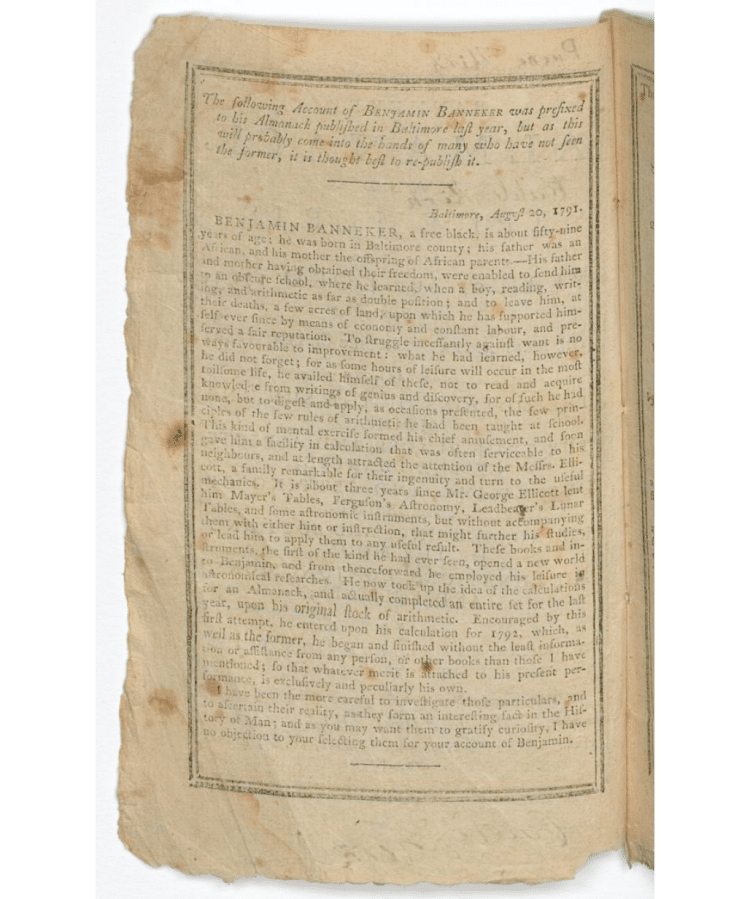
Sources:
https://transcription.si.edu/project/8045
https://www.thoughtco.com/benjamin-banneker-3072227
https://www.haverford.edu/library/news/book-month-bannekers-almanac

